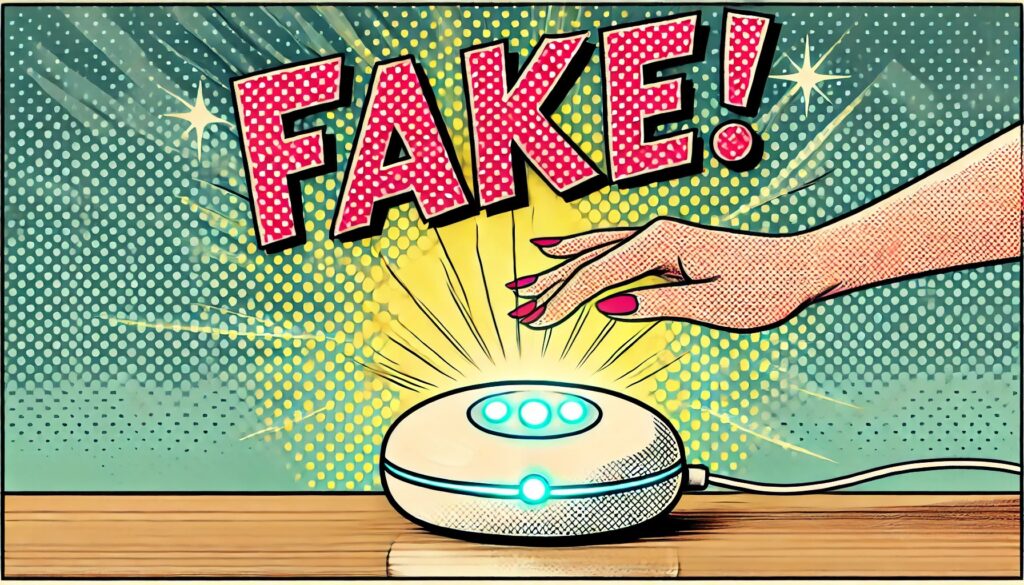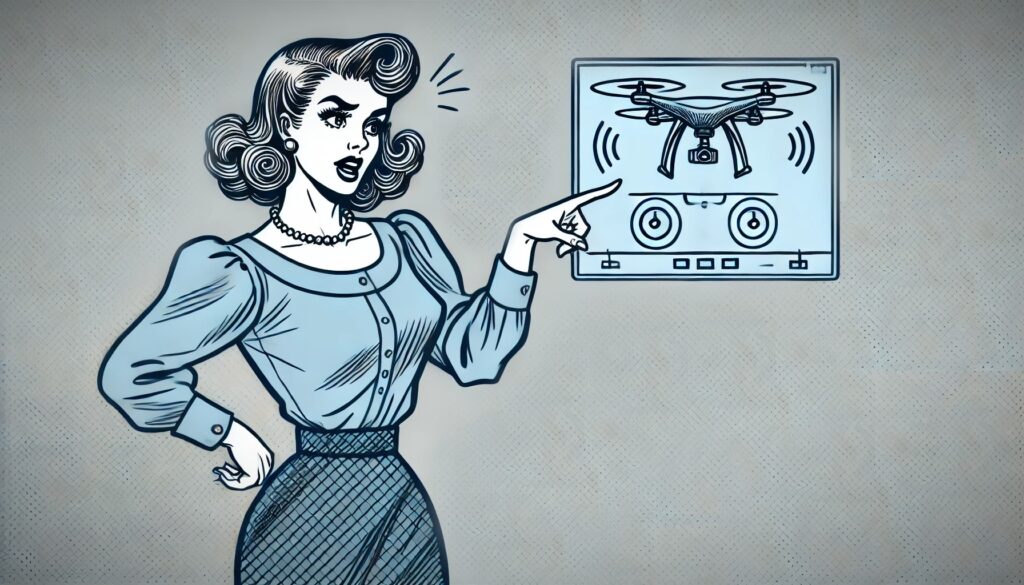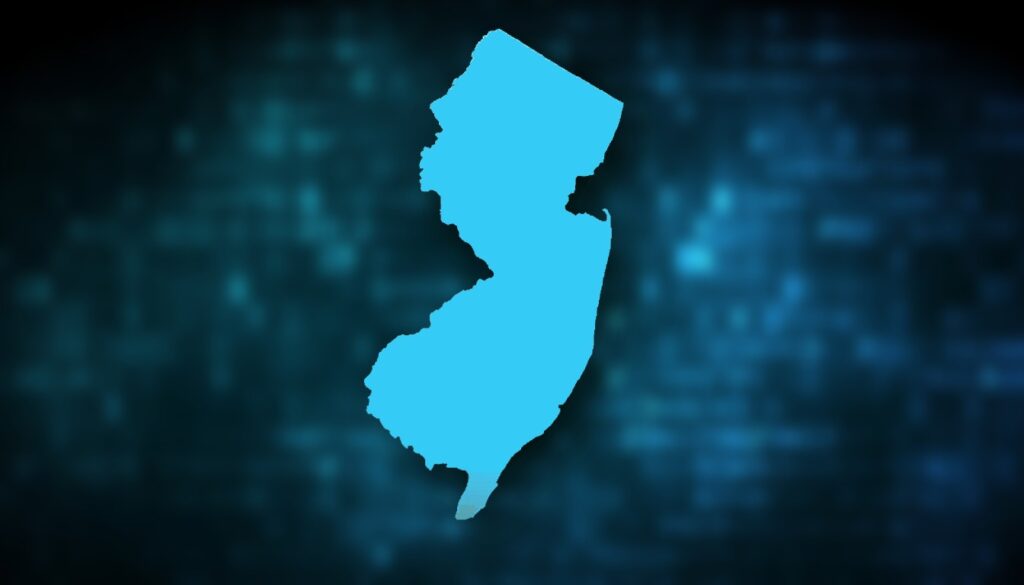
Three South Korean entertainment companies turned to a U.S. court to assist in identifying anonymous YouTube users accused of posting defamatory content. The companies sought permission to issue a subpoena under 28 U.S.C. § 1782, a law that allows U.S. courts to facilitate evidence collection for foreign legal proceedings.
Applicants alleged that the YouTube channels in question posted false claims about K-pop groups they manages, including accusations of plagiarism and deliberate masking of poor vocal performances. Applicants – who had already initiated lawsuits in South Korea – needed the subpoena to obtain identifying information from Google, the parent company of YouTube, to pursue these claims further. Google did not oppose the request but reserved the right to challenge the subpoena if served.
The court ruled in favor of applicants, granting the subpoena. It determined that the statutory requirements under § 1782 were met: Google operates within the court’s jurisdiction, the discovery was intended for use in South Korean legal proceedings, and applicants qualified as interested persons. The court also weighed discretionary factors, such as the non-involvement of Google in the South Korean lawsuits and the relevance of the requested information, finding them supportive of applicants’ request.
The court emphasized that the subpoena was narrowly tailored to identify the operators of the YouTube channels while avoiding unnecessary intrusion into unrelated data. However, it also sought to ensure procedural fairness, requiring Google to notify the affected individuals, who would then have 30 days to contest the subpoena.
Three Reasons Why This Case Matters:
- International Legal Cooperation: The case illustrates how U.S. courts can assist in resolving international disputes involving anonymous online actors.
- Accountability for Online Speech: It highlights the balance between free expression and accountability for potentially harmful content on digital platforms.
- Corporate Reputation Management: The decision reflects how businesses can use legal avenues to protect their reputation across jurisdictions.
In re Ex Parte Application of HYBE Co., Ltd., Belift Lab Inc., and Source Music Co., Ltd., 2024 WL 4906495 (N.D. Cal. Nov. 27, 2024).









